5 things we need to see from a Google and Fitbit smartwatch

The acquisition is complete — now it's time to speculate.
It finally happened. After first being announced in November 2019, Google officially completed its $2.1 billion acquisition of Fitbit on January 14, 2021.
The future of a Google-owned Fitbit remains mostly unclear, but what does seem fairly certain is that we'll get a Fitbit smartwatch running Wear OS at some point down the road. Fitbit's health tracking tools are among the best on the market, Wear OS is sitting around with untapped potential, and bringing the two together could be the catalyst Google needs to really catapult its position in the wearable space.
We're likely still a few long months out before we see anything tangible from this acquisition, but in the meantime, we can speculate about what we hope to see from a Google + Fitbit watch — and more importantly — what it needs to offer to have a fighting chance.
Major updates to Wear OS
It's no secret in 2021 that Wear OS is in a rough spot. The interface and feature-set it brings to the table are actually pretty great, but when it comes to things like stable connections and reliable performance, it's a completely different story.
When Wear OS works as intended, the user experience is rather enjoyable. Notification management is among the best for any wearable, it has robust customization options, and the interface strikes a good balance of being easy to navigate while still offering ample features. The problem, however, is that everything doesn't always come together as it should.
I've tried wearing watches with Wear OS multiple times throughout the years, and at every point, I get pushed away. So many facets of Wear OS are still bogged down by various bugs and glitches, resulting in an experience that feels considerably less polished than something like Samsung's Tizen or Apple's watchOS.
That kind of botched UX isn't something Google can afford to put people through with its first Fitbit smartwatch, so prior to its release, Google needs to focus on optimizing and patching up the many rough edges of Wear OS we're still fighting with.
Fully-integrated Fitbit tracking
As we wait to see what a Google and Fitbit smartwatch looks like, one of the biggest lingering questions is how fitness/health tracking is going to be handled. Google obviously purchased Fitbit because of its robust health platform, but as it currently stands, Google is still actively running its own competing app with Google Fit.
Google Fit is used as the default health tracking app for Wear OS, but with a Google and Fitbit smartwatch, that needs to change. Even though Google has done an admirable job of revamping Google Fit over the past couple of years, the last thing we need is a Google watch with two competing health apps.
So what's the solution? Let Google Fit die, create a Fitbit Wear OS app, and make sure it's integrated as deeply into the UI as possible. People buy Fitbits because of the top-notch health tracking they get from them, so in its quest to bring Fitbit to Wear OS, Google needs to make sure it does everything it can to ensure the two play nicely with each other.
A clean, simple design
In addition to its robust health tracking platform, recent Fitbit smartwatches have really impressed in the design department. While I have plenty of issues with the software experience of the Fitbit Sense, it's easily some of my favorite wearable hardware in recent memory. It's slim, lightweight, incredibly comfortable, and has an appealing aesthetic for virtually any setting.
Most Wear OS watches tend to favor a more traditional design with larger cases and fancy styling, and while that's fine for a certain demographic, a Fitbit watch needs to break away from that trend.
In all honesty, I'd love to see Fitbit just re-use the Sense's design, slap Wear OS on it, and call it a day. I know some may scoff at that idea given how similar in design nature the Sense is to the Apple Watch, but maybe that's not such a bad thing after all.
There's a reason the Apple Watch is so damn successful, and while design isn't the sole contributing factor, it has played a large part. It's not overly feminine or masculine in design language the way so many Wear OS watches tend to be, giving it a much broader appeal. Combine that with excellent comfort and it's a nearly perfect piece of hardware that would go a long way in making a Google and Fitbit watch stand out the way it needs to.
Powerful specs
Another reason why so many people flock to the Apple Watch is because it just works. Apps open immediately, navigating its user interface is lightning-quick, and it feels like a device that's always one step ahead of you.
This is because Apple spares no expense when it comes to the Apple Watch's specs, and looking ahead at Google and Fitbit's first smartwatch, this is a move they need to copy.
The best wearable chipset currently available for Wear OS is the Qualcomm Snapdragon Wear 4100+, and as we saw in our TicWatch Pro 3 review, it's a chip that finally delivers the goods. Not only is performance considerably faster than previous Snapdragon Wear SoCs, but battery life is also substantially improved.
That's the kind of processor and battery performance we need to see on a Fitbit watch running Wear OS, along with as many optimizations Google can make to ensure the user experience is as buttery smooth as possible. Far too many Wear OS watches are difficult to recommend because of underpowered specs — Google can't afford to make that same mistake.
Competitive pricing
Last but certainly not least, a Google/Fitbit watch has to get the pricing right. This is an area in which Fitbit has been pretty competitive operating on its own, so I hope the new Google ownership doesn't tarnish that side of things.
As for what the right price is, I'd like to see something around the $249 marker. That would make the watch less expensive than the Apple Watch SE and Galaxy Watch 3 but should still offer enough wiggle room for Google and Fitbit to deliver the features that are expected.
I think going up to even $299 would still be more than reasonable if the product we're given lives up to expectations, but $249 would be magical. Plus, it would make the watch an even stronger contender for the new best Android smartwatch ever.
What do you want to see?
Now we'd love to hear from you. When you think of a Google and Fitbit smartwatch, what do you want to see? Leave your comments down below and let us know!
Fitness smarts
Fitbit Versa 3
$229 at Amazon $230 at Best Buy $230 at B&H
If you want to get fit right now
The potential of a Fitbit and Google smartwatch is immensely exciting, but if you're in the market for a new fitness watch right now, you owe it to yourself to check out the Fitbit Versa 3. With 24/7 activity tracking, sleep monitoring, six-day battery life, and tons more, there's a lot to like for a little over $200.
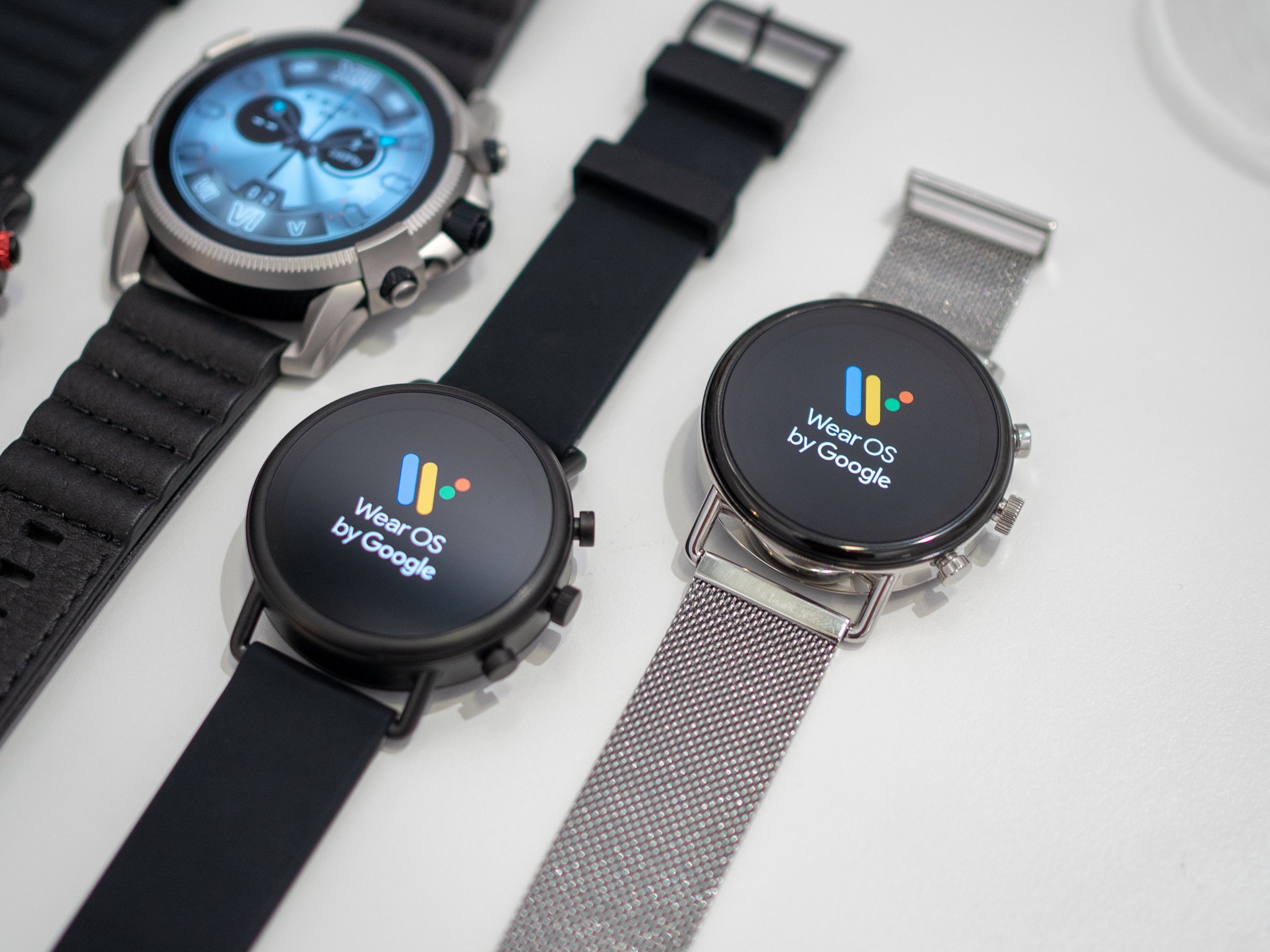
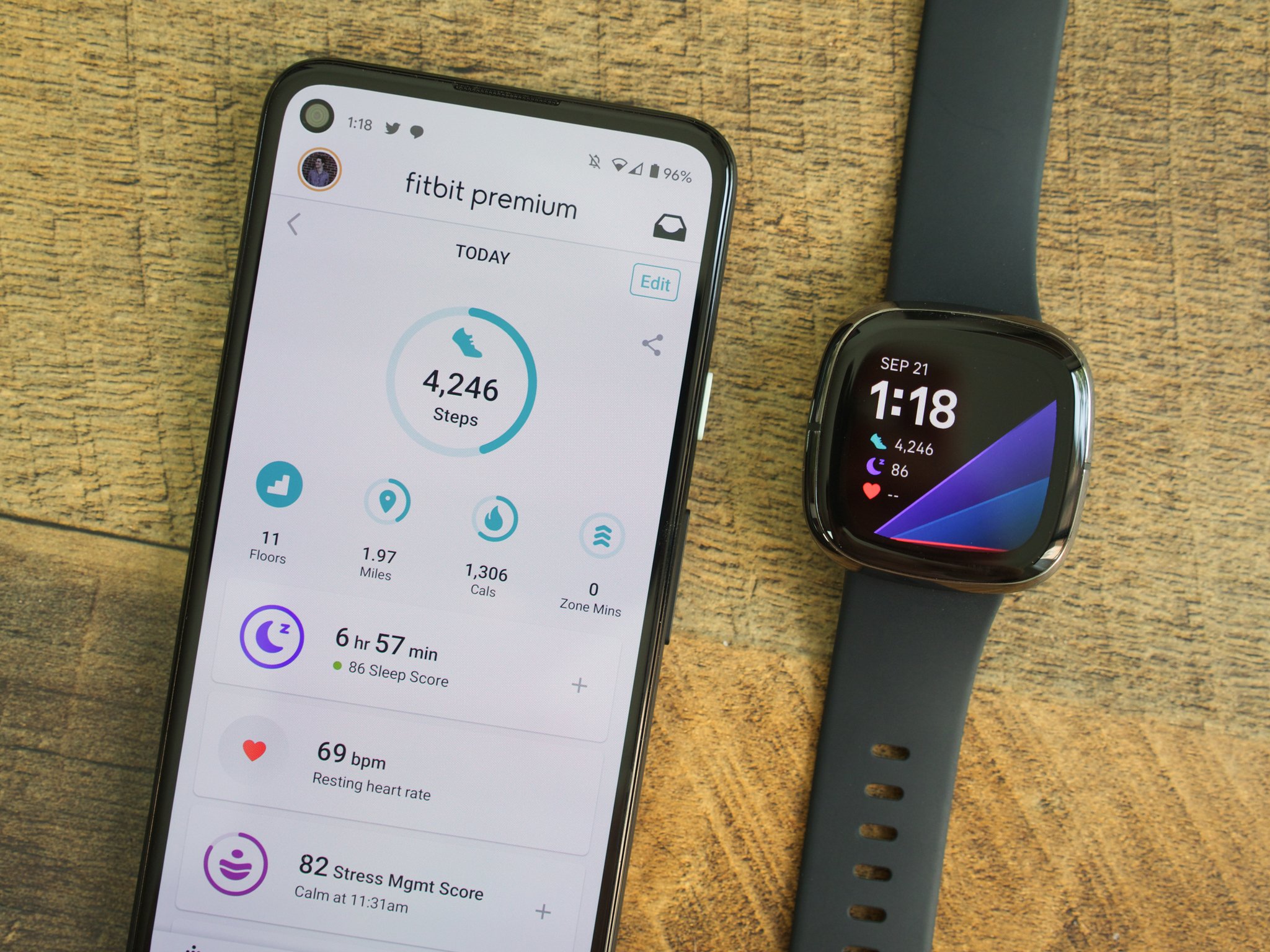
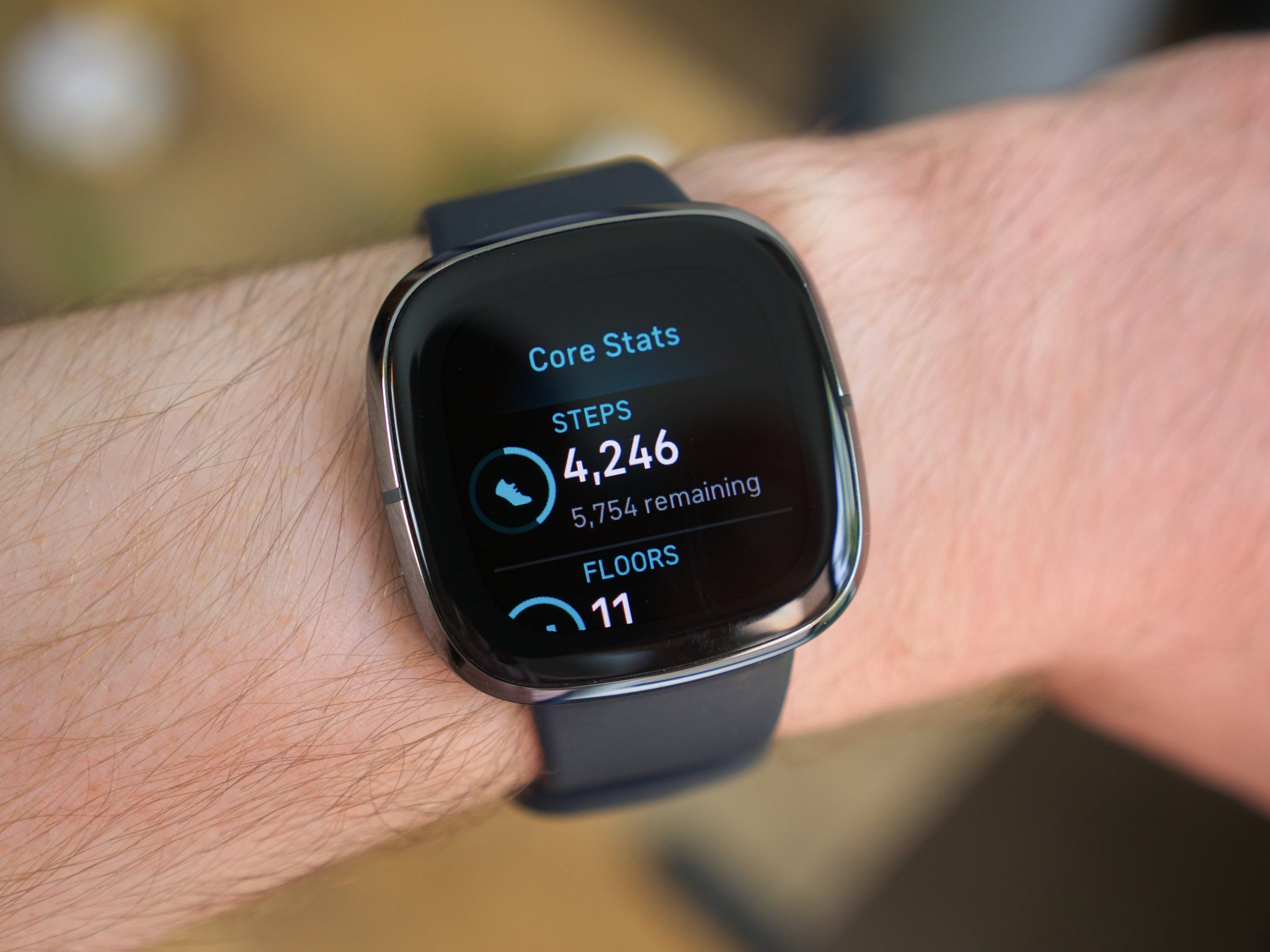
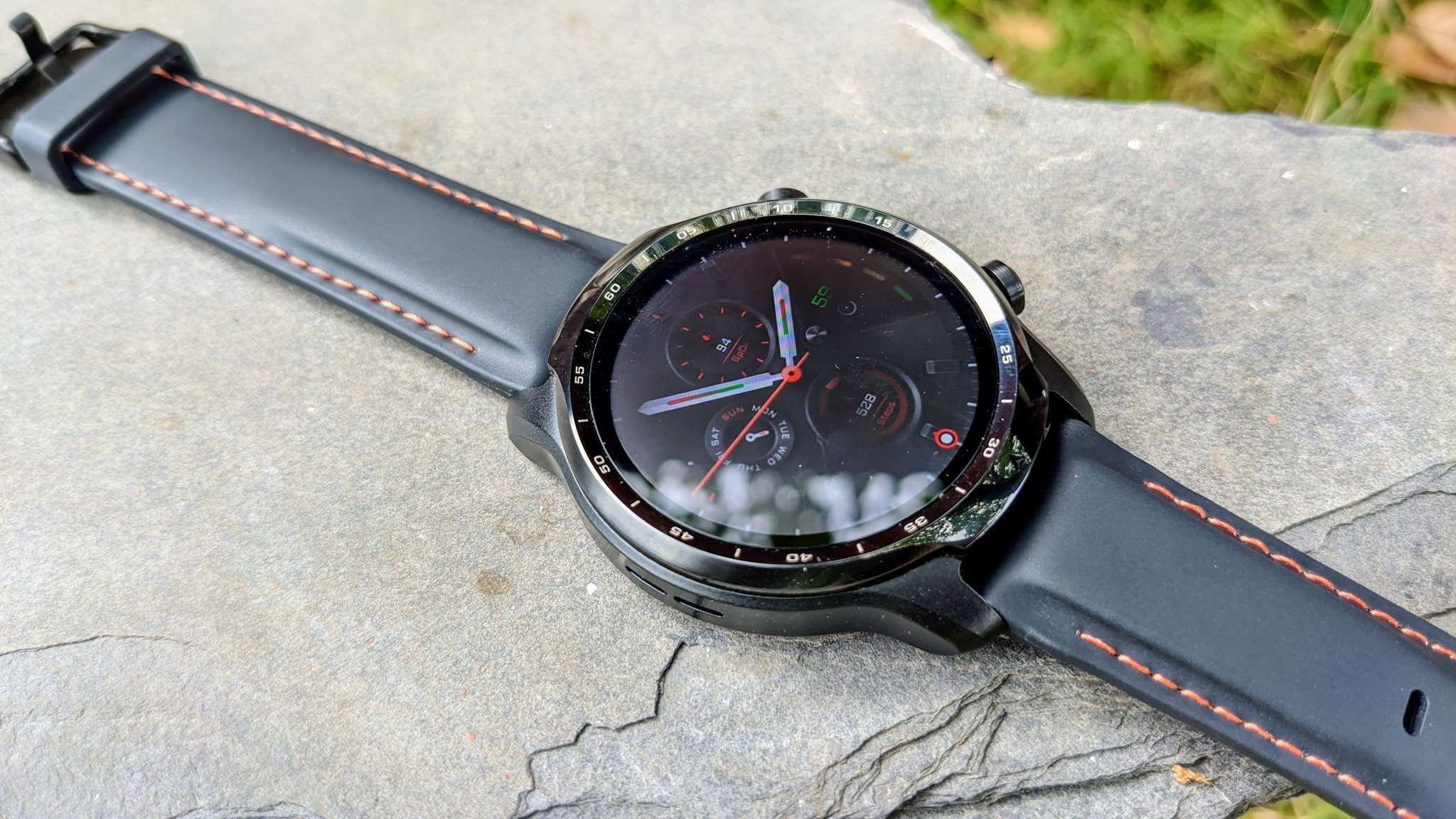

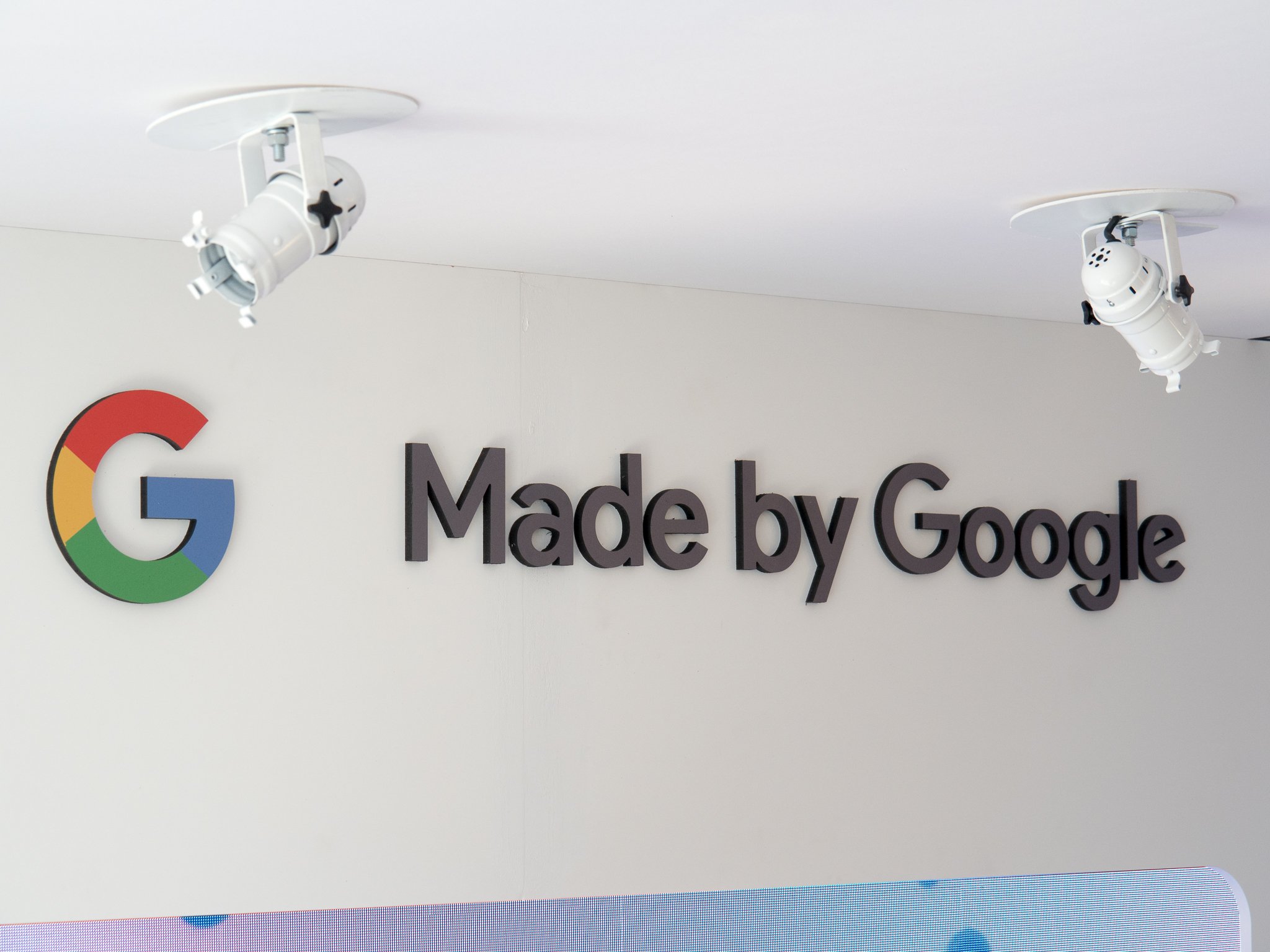
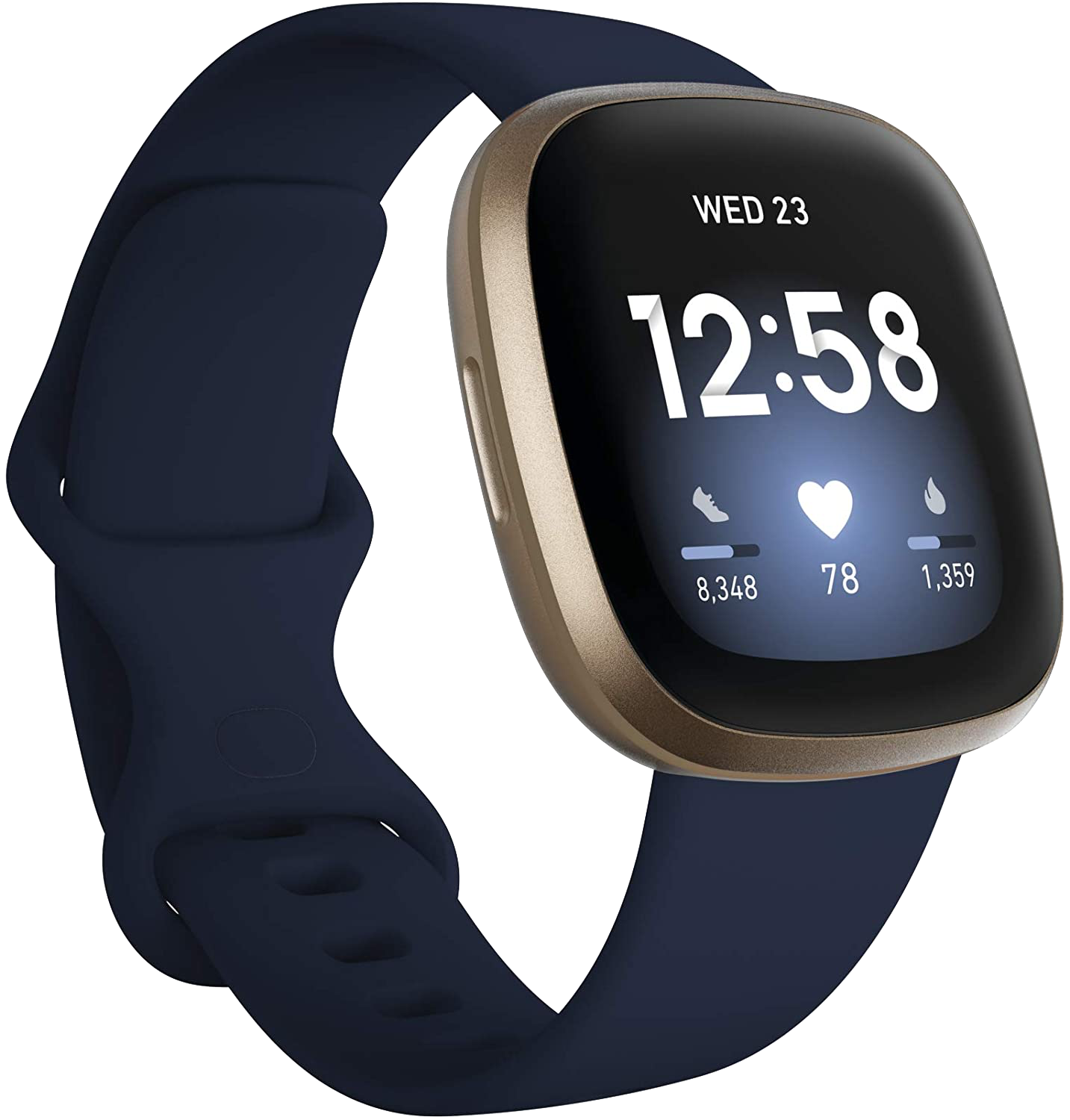
No comments